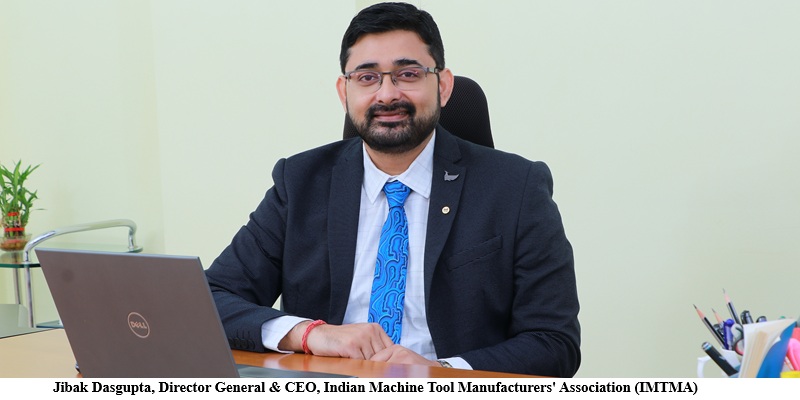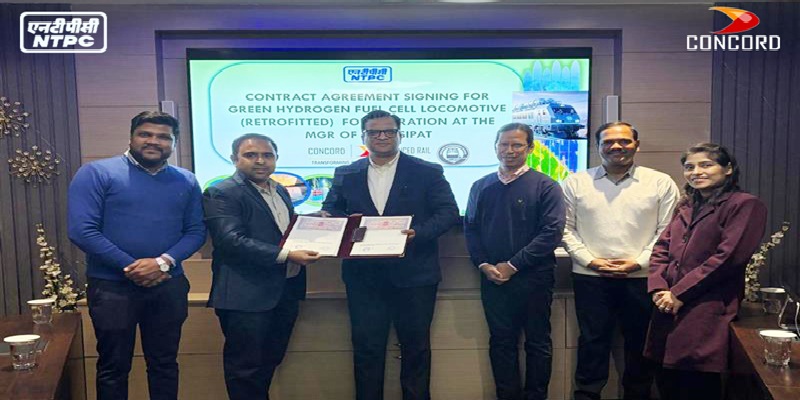Schedule a Call Back
Budget 2024 to boost India’s manufacturing industry
 Articles
Articles- Jul 30,24

Related Stories
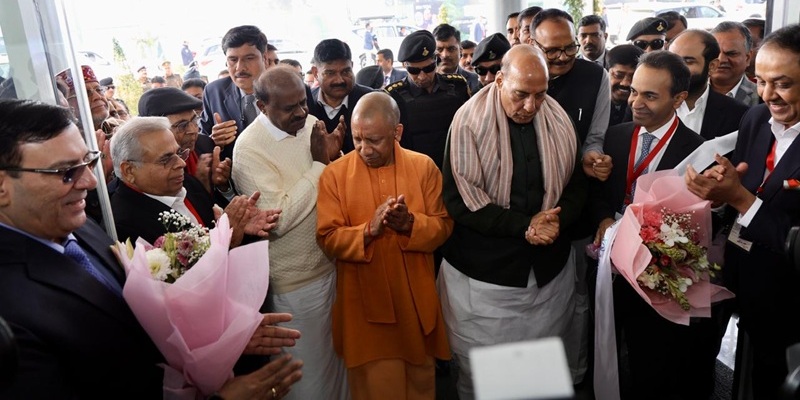
Ashok Leyland opens green mobility-focused greenfield plant in Uttar Pradesh
Designed primarily for electric vehicle manufacturing, the plant has an annual production capacity of up to 5,000 vehicles.
Read more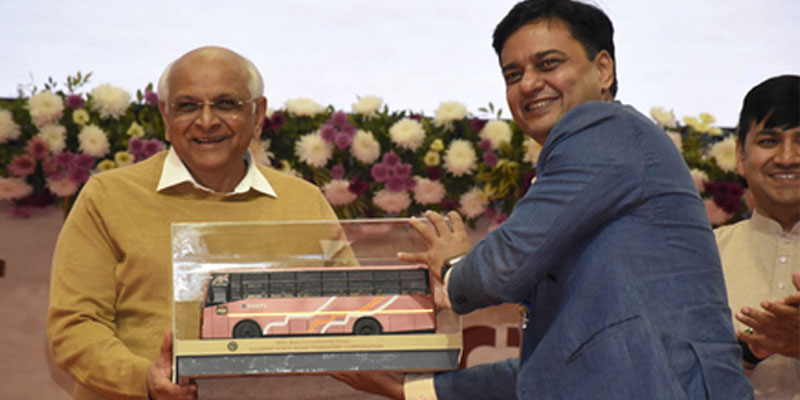
Vibrant Kutch Programme Secures Rs 85bn in MSME MoUs
District event boosts investment and growth in Gujarat’s Kutch
Read more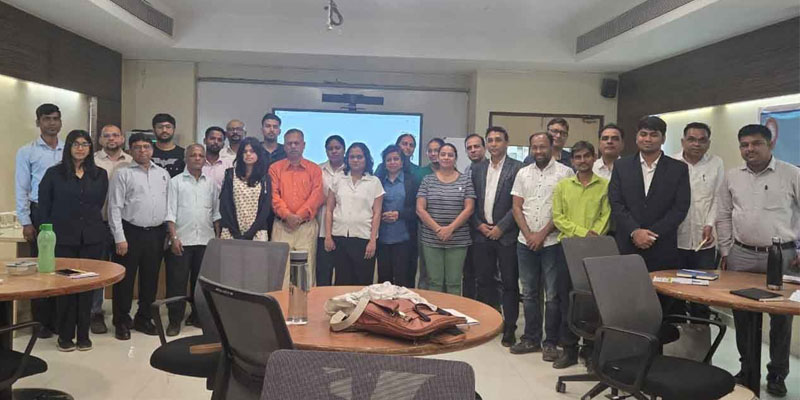
KJSIM Hosts MSME Programme on Quality and Exports
Five-day MDP equips entrepreneurs for global markets
Read more




